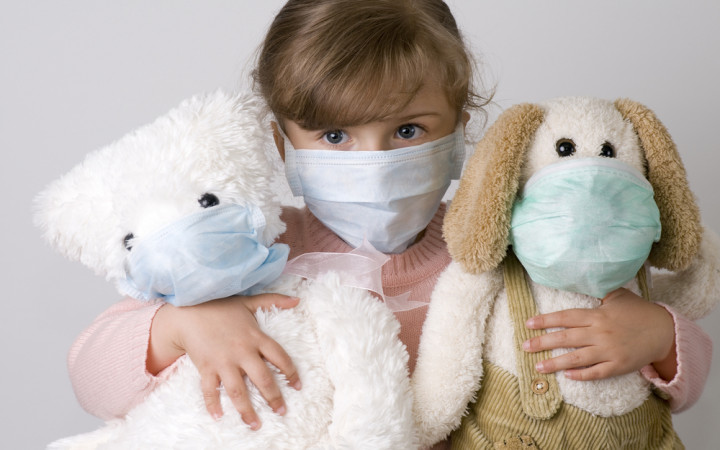Today’s Wonder of the Day was inspired by Bailey . Bailey Wonders, “Can germs be good for you?” Thanks for WONDERing with us, Bailey !
Wash your hands! How many times each day do you hear those words? Of course, it's important to wash your hands regularly to stay healthy and clean. Washing your hands gets rid of germs that can cause you to get sick.
But can germs also be good? You bet they can! Read on to learn more about germs and how they can be both bad and good.
If you're wondering exactly what germs are, don't worry. They're not alien forces or “cooties." They're actually tiny living organisms. They're so small, in fact, that you need a microscope to see them.
Germs can creep into our bodies in many different ways without being noticed. Although some can cause sicknesses and infections, such as sore throats, ear infections, and cavities, others are helpful to our bodies. That's right. Some actually are helpful!
The four main types of germs are bacteria, viruses, fungi, and protozoa. We'll concentrate on bacteria for now.
You might be surprised to know that your body contains over 100 trillion bacterial cells. That's 10 times the number of human cells! How can your body hold that many bacterial cells? Don't forget how tiny they are: a single bacterium is one-thousandth the size of a regular human cell.
Some of the bacterial cells in your body may cause you to get sick from time to time. However, many of those bacterial cells work with your body to keep it balanced and healthy.
For example, the good bacteria that live in your intestines help your body make the best use of the nutrients in the food you eat. They also help turn what's left over into waste. Without these good bacteria, your body couldn't efficiently process the food you eat.
Scientists also use bacteria in other important ways. For example, some medicines and many vaccines are made from good bacteria.
Researchers have been studying good bacteria more thoroughly in recent years. Some believe that using antibiotics too often might kill off good bacteria, leading to obesity due to inefficient digestion.
Other researchers believe that good bacteria may have a wide variety of benefits. Studies have shown that good bacteria may help prevent diabetes and asthma, make the immune system function correctly, and even ward off certain types of cancer. Bacteria living on your skin might also help prevent infections.
Researchers believe that drug companies may one day sell medicines that treat illnesses by increasing the amount of particular types of good bacteria in the body. While these types of drugs are likely years away, food manufacturers have already started making foods intended to increase the good bacteria in the body.
These products — from yogurt to cereal to drinks — contain probiotics, which are good bacteria that aid in digestion and may also help fight bad bacteria. Early research suggests that probiotics may help prevent colds and the flu, treat diarrhea, reduce certain types of cancer, and even prevent certain types of skin problems.




